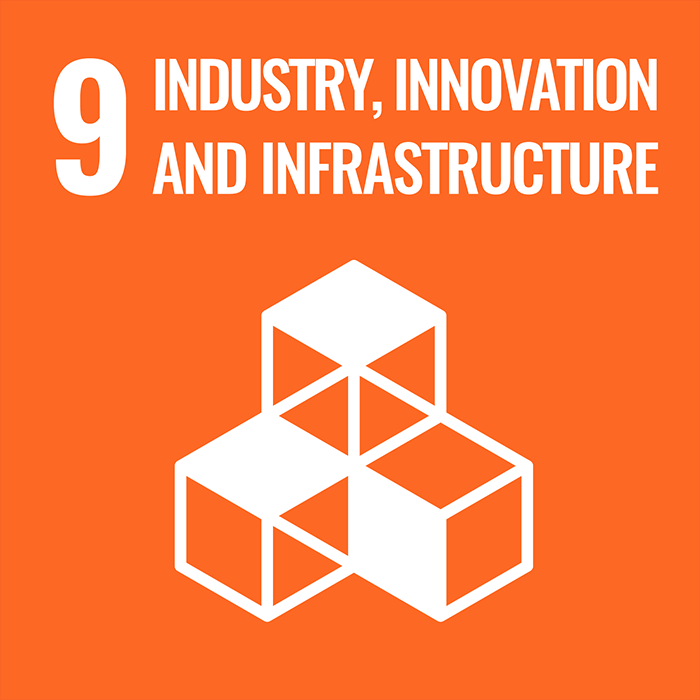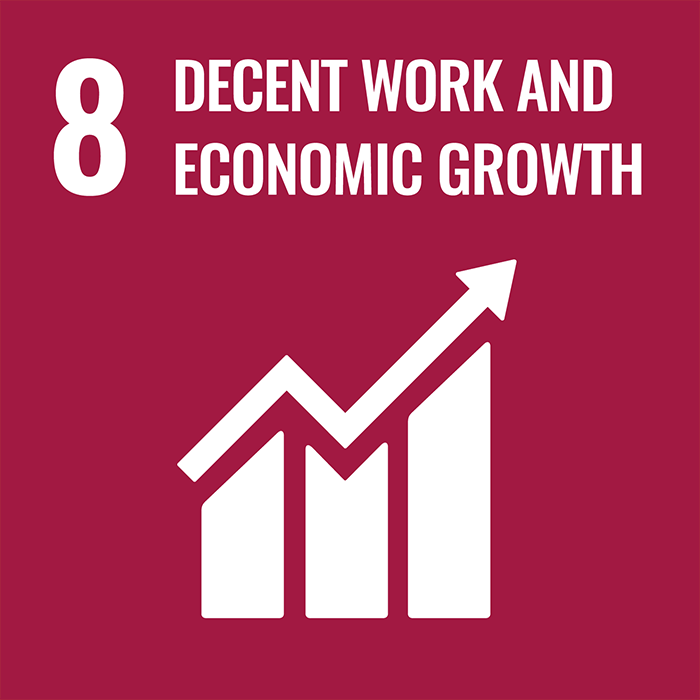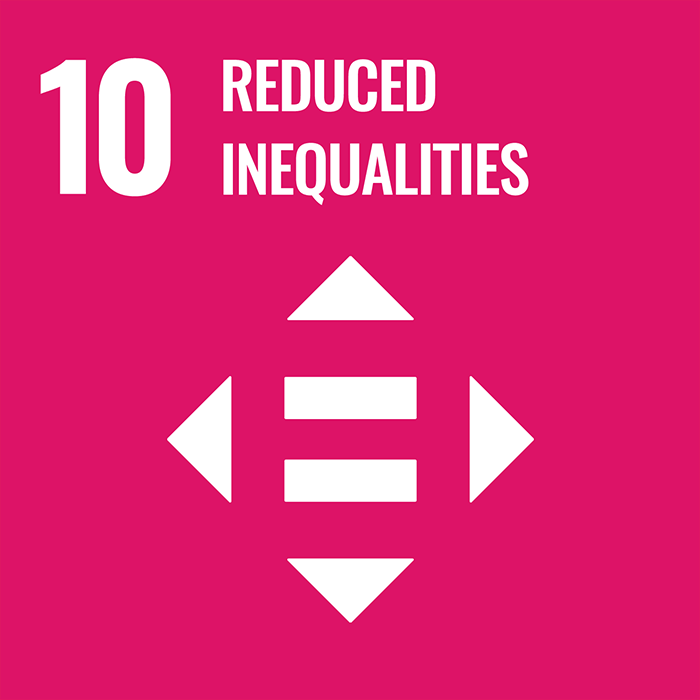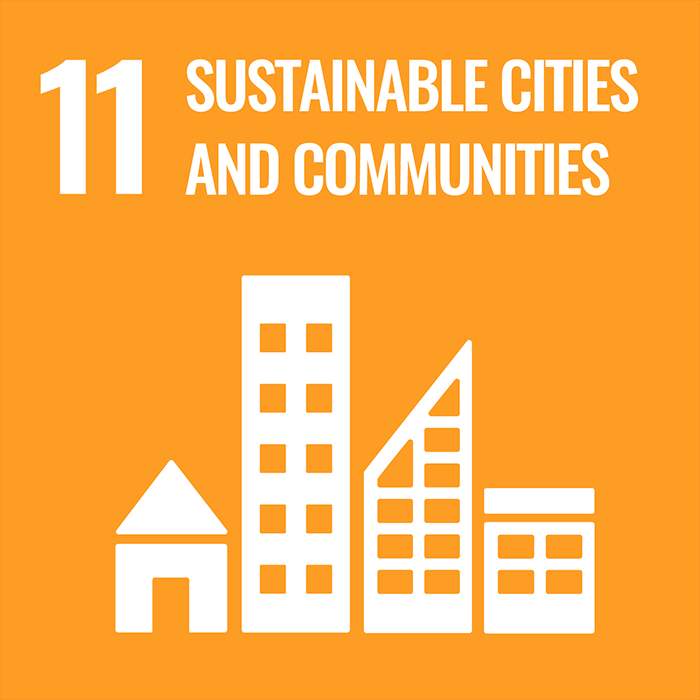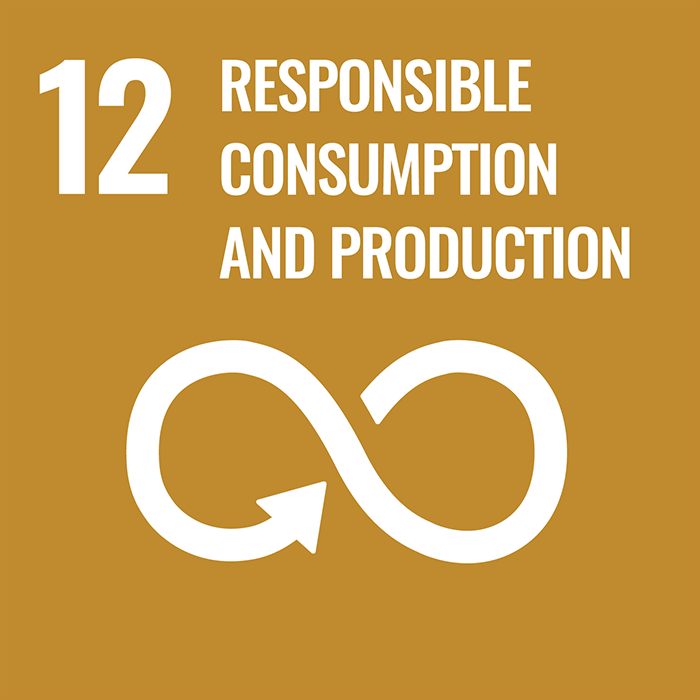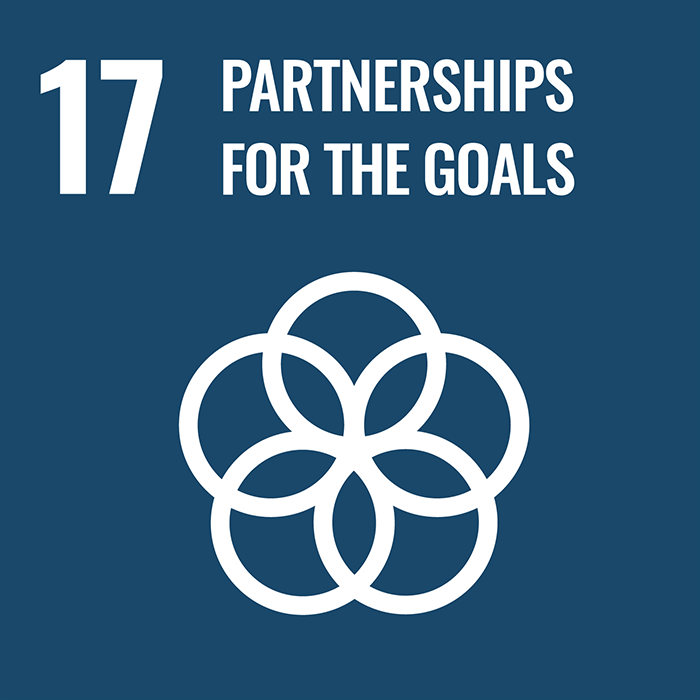Progress towards UN SDG 9: Industry, innovation and infrastructure
Build resilient infrastructure, promote inclusive and sustainable industrialisation and foster innovation
Our research

A Cold War-era armoured building close to the Mull of Kintyre is set to see action again as the base for a cutting-edge rocket test and teaching facility. The facility, called MachLab, has opened at a business park on the site of the former RAF Machrahanish airbase near Campbeltown.
MachLab was established by researchers from the University of Glasgow and backed by close to £500,000 in funding from industry, including matched contribution from the UK Space Agency. It aims to support the research and development of new rocket engines capable of delivering up to one tonne of thrust.
Researchers from academia and industry will be able to fire experimental rocket designs and gather data on their performance using MachLab’s custom-built test stand. MachLab will also help establish the UK’s next generation of rocket engineers through specialist training, including a University of Glasgow-led programme called Rocketry Research Teaching Training, or R2T2. The programme, also funded by the UK Space Agency, will bring rocketry students from all over the UK to MachLab to develop their skills and test new rocket designs.
The Masters in International Management & Design Innovation is delivered jointly by The Glasgow School of Art and the University's Adam Smith Business School, and equips students with skills in design-led management.
Learning & teaching

The Masters in International Management & Design Innovation is delivered jointly by The Glasgow School of Art (GSA) and the University’s Adam Smith Business School and equips students with skills in design-led management. The Masters programme helps students gain a deep understanding of how design drives innovation in global business contexts, equipping learners with skills to lead and manage design-driven projects across diverse industries. The programme also benefits from access to a dynamic studio environment at GSA, fostering creativity and collaboration with designers and academics in a real-world context.
University operations

A cohort of young ventures has hailed Scotland’s first deeptech accelerator a success after concluding a 13-week intensive skills programme.
The Infinity G programme kicked off in October 2024 with 15 groundbreaking companies – in sectors from AI and quantum computing to biotechnology – embarking on a series of workshops and training sessions, where participants underwent company-building mentorship, refined their pitches and honed their business strategies.
One of the final events was a Final Demo Day & Product Showcase, where the ventures presented their businesses to active investors and successfully demonstrated their incredible transformation over the course of the programme.
Feedback on Infinity G, delivered in collaboration with the University of Glasgow and the Smart Things Accelerator Centre based at Skypark within Glasgow Riverside Innovation District, has been positive.
Designed to accelerate excellence, Infinity G creates the optimal conditions for research-driven ventures to achieve global societal impact and become investment-ready. The programme supports deeptech innovators across fields such as AI & machine learning, health & biotech, quantum computing, sensing & communications, advanced materials, robotics and space.
Civic engagement

Deep-tech pioneer Chemify, the University of Glasgow’s Spin-out of the Year 2024, has opened its first Chemifarm, a new £12 million production facility in the Glasgow district of Maryhill.
Founded in 2022, Chemify grew from Professor Lee Cronin’s research in digital chemistry at the University and is fusing chemistry, robotics, computation and AI to digitise molecule creation.
The 21,500-ft² site at Oakbank Industrial Estate, off Garscube Road, unites Chemify’s AI-driven molecular-design engine with industrial-scale robotic synthesis, compressing the journey from concept to compound and accelerating the discovery of small-molecule medicines and next-generation materials for partners tackling society’s toughest challenges.
The £12 million project is backed by Innovate UK’s Innovation Accelerator programme, Scottish Enterprise, Glasgow City Council and Glasgow City Region.


